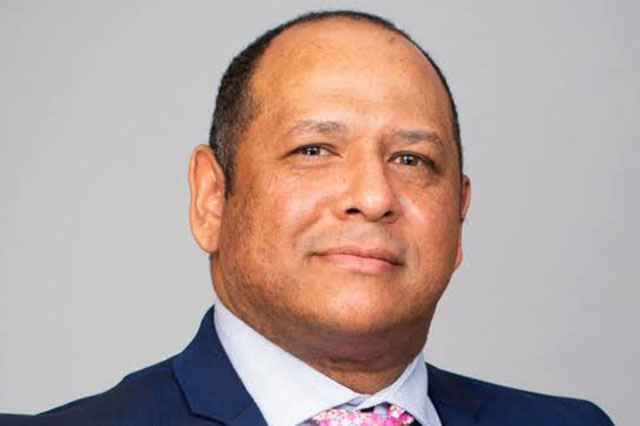Cape Town – Eskom’s acting CEO, Calib Cassim, has defended a 7% wage increase for employees over the next three years, citing the importance of maintaining a stable workforce during troubled times for the power utility.
Last week Eskom reached an agreement with unions representing its employees for the first time in over a decade.
The agreement included a 7% salary increase for non-managerial employees over a three-year period, starting from July 1, 2023, until June 30, 2026.
The negotiations involved Eskom, the National Union of Mineworkers, the National Union of Metalworkers of South Africa, and Solidarity.
According to EWN, the Standing Committee on Public Accounts (Scopa) on Wednesday criticised the wage hike, considering that Eskom is expected to post a financial loss for the sixth consecutive year.
Scopa also expressed concerns about how Eskom will distribute its R400 billion debt among its three new subsidiaries.
ALSO READ | Eskom, unions agree on salary increase and benefits
But Cassim said that the wage increase would not impact the company’s finances as severely as debt service costs, diesel expenditure, and municipal debt.
“We can’t afford an unsettled workforce. It takes a lot of time out every year to negotiate with the unions and it now allows us to focus on the real and the most important priority for Eskom and the country.”
Meanwhile, the Eskom Debt Relief Bill has been officially passed.
This comes after the National Council of Provinces (NCOP) voted in favour of the passing of the bill on Wednesday.
The bill involves the National Revenue Fund providing debt relief of R254 billion to Eskom,over the next three years.
The bill, proposed by Finance Minister Enoch Godongwana, will transfer over half of Eskom’s R400 billion debt to the National Treasury.
Finance Minister Enoch Godongwana presented the Bill during his Budget Speech in February.
The bill is widely regarded as an essential measure aimed at addressing the financial and operational difficulties faced by Eskom.
ALSO READ | Parliament passes R254bn Eskom Debt Relief Bill
According to IOL, the Treasury says the Bill reflects the government’s dedication to assisting Eskom in managing its debt responsibilities and the accompanying financial expenses.
However, critics of the bill argue that it will not solve the energy crisis in the country.
Some economists believe that the passing of the bill, along with recent wage increases for non-managerial employees, indicate that Eskom is moving closer to privatisation, the report said.
“This is just one of those small steps of something that’s going to happen in any event. We simply need to look at South African Airways to know what is going to happen to Eskom.
“We just have to look at what’s happening to the SA Post Office to know what’s going to happen to Eskom – and the answer is that Eskom is going to come to an end, exactly the same as many of these state-owned enterprises,” EWN quoted economist Dawie Roodt as saying.
Follow African Insider on Facebook, Twitter and Instagram
Picture: Twitter/@buhlembhele_
For more African news, visit Africaninsider.com
Compiled by Betha Madhomu


